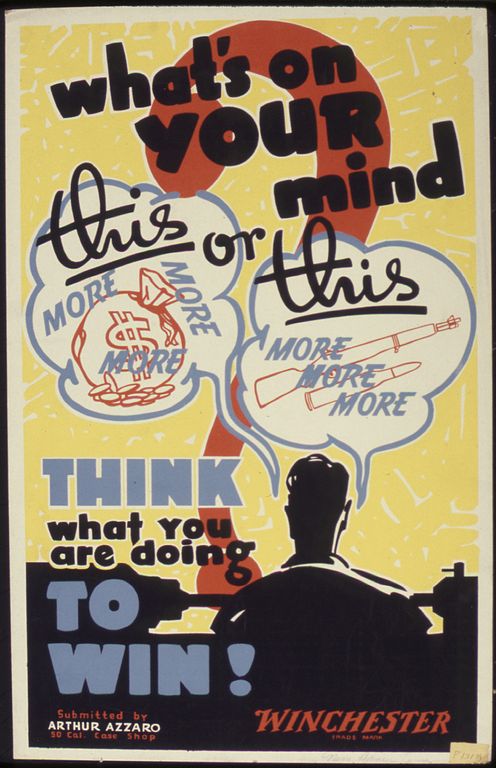
Reference Questions
Library staff are accustomed to answering all kinds of questions, from where the rest rooms are located to what hours the libraries close. Reference questions are special in that they deal with information sources made available by the TU Libraries. They may be about knowledge, use, recommendations, interpretation, or instruction. The sources are printed and non-printed material. They may be on databases, including computer-assisted instruction. What the library visitor is looking for may be possible to find in the TU Libraries online public access catalogue (OPAC) and other records. The information might also be in other libraries and institutions. In that case, it would be most helpful to library visitors to refer them or put them in touch with these other places. Finally, ajarns or staff inside the library or elsewhere on campus may be able to answer reference questions. Since there are so many possible answers, depending on what kind of question it is, it may be a good idea to let library users know what type of reference questions may be asked:
Any request for information is appropriate.
Librarians can show you how to find a book.
They can locate information.
They can offer advice about how to use resources.
They can help with research and suggest references to others who might be able to help.
If a question does not relate to the subject areas covered in the TU Libraries, it is fine to ask it anyway.
The most important thing to remember is to not be shy about asking a question.
This attitude is important because students learn best when they are not worried about looking ignorant if they admit they do not know something. The only way to learn is to accept that we are lacking some information, and make some effort to try to find out what we do not understand. If we are concerned that we might seem like we do not know anything, we will never learn what we do not know. If a student wants to know:
What kind of reference question should I ask?
One reply might be:
Be specific.
The more library staff knows about the project, the more useful any advice will be. For example, what does the student plan to do with the information? Is it for a research paper, independent study, class presentation, thesis, or academic article? According to the goal, we will offer somewhat different advice. For example, some assignments require more original research and in-depth conclusions than others. Some assignments might require knowledge of foreign languages, while others do not. When we ask why the student needs the information, we must try to remember not to sound as if we are criticizing the student for trying to find something out. We must always sound interested and helpful. We can even say:
It helps to know what you are working on.
Are you working on a research paper, independent study, class presentation, thesis, or academic article?
What course is this research for? What faculty?
Finding out what year of study the student is in also helps. A freshman paper will not need the same research approach as a graduate thesis. If the student is not working on a specific project yet, but is simply interested in a subject, that is fine. We should not think that is less important or serious than subjects researched for an assignment. Sometimes students who take the time to examine a subject out of personal interest, without being required to study it to pass an exam or fulfil class requirements, can make original discoveries. We should encourage any legitimate research interest that makes appropriate use of TU Libraries resources.
Finally, we might remind the student that it is a good idea to have something to take notes with, whether a tablet or an old fashioned pen and paper. There is no point in going through a lot of information unless it can also be noted down for future reference. Otherwise, the student will have to go through the same research procedure again, taking more time.

(All images courtesy of Wikimedia Commons)
